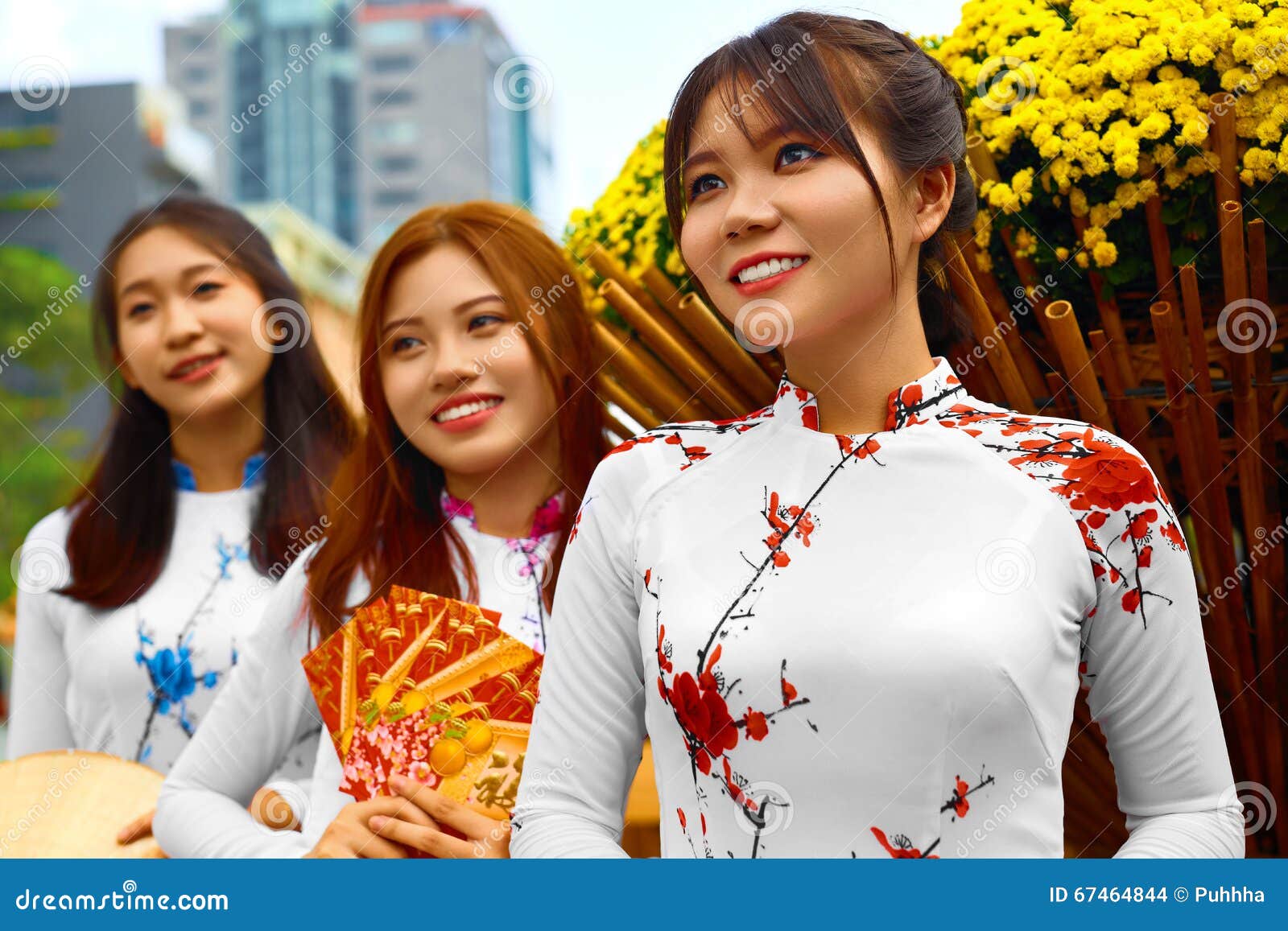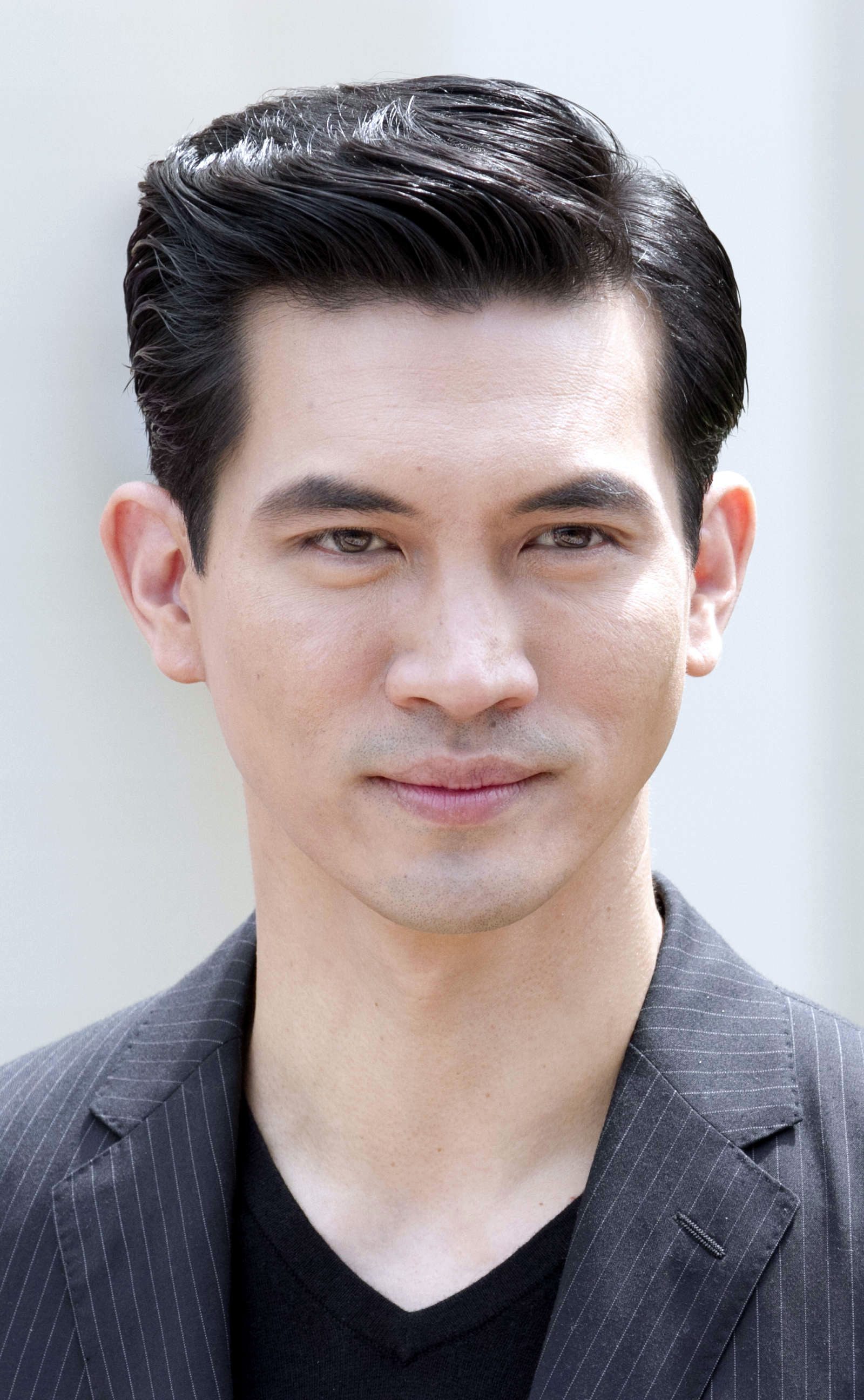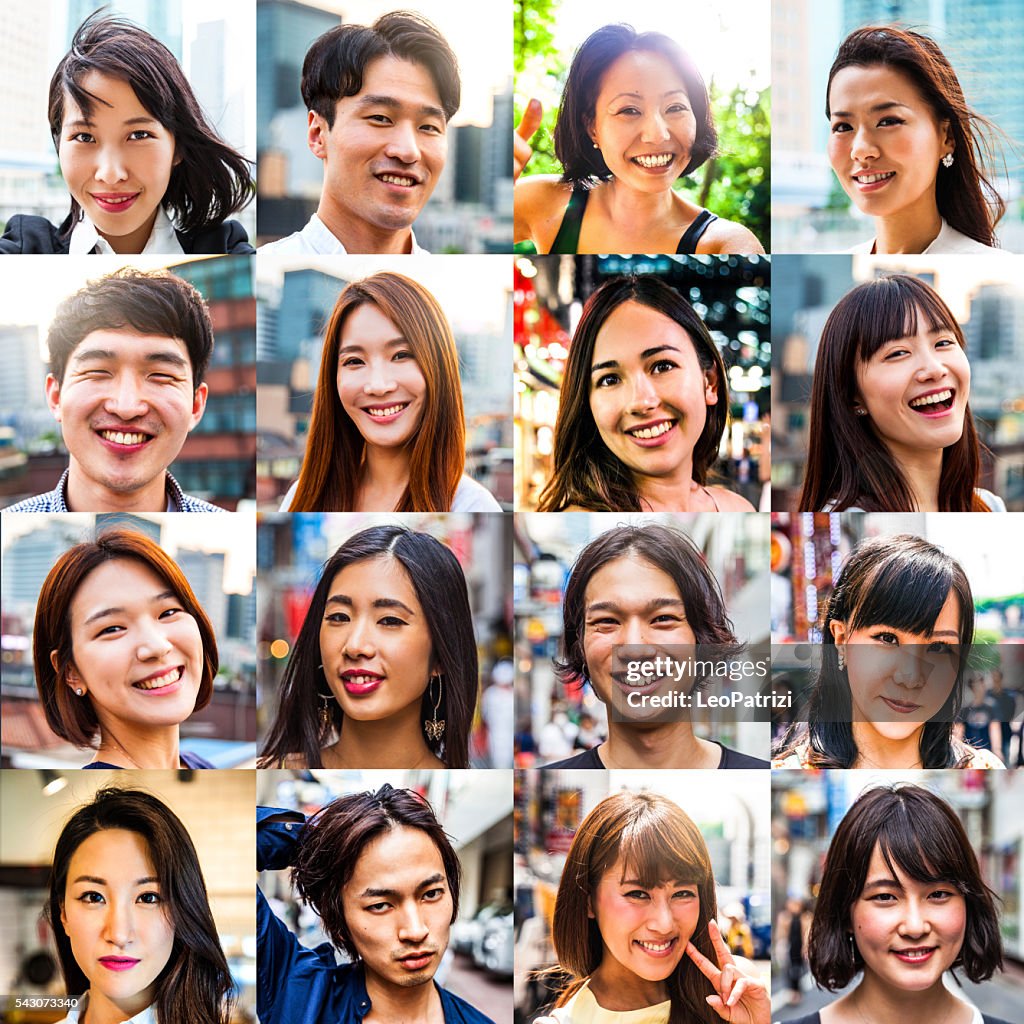There's something really special about a voice that truly gets you, a joke that hits just right, or a story that makes you feel seen. When we talk about comedy, especially the kind that comes from different walks of life, it's about so much more than just telling funny stories. It's about sharing a piece of the world, a perspective that might be new to some, or a feeling that many can relate to. It's almost as if comedy helps us all find common ground, you know?
Finding humor in everyday moments, or even in bigger life experiences, is a talent that brings people together. Think about it, a good laugh can break down walls and make things feel a little lighter. For those who step onto a stage to share their funny thoughts, there's a unique kind of connection they build with everyone watching. It's a bit like putting together a favorite recipe; you gather all the right elements, mix them with care, and then present something truly enjoyable. So, when we consider the idea of an Asian comedian, it's about looking at the richness and variety they bring to this art form.
The stage, in a way, becomes a place where different stories get to shine. It's where personal journeys, cultural observations, and sharp wit come alive. The humor can come from so many places: family life, growing up, trying to fit in, or just noticing the funny bits of daily living. It’s a chance for people to see themselves reflected, or perhaps to learn something new about another person’s path. Really, it's about the power of laughter to bridge gaps and build a sense of shared humanity.
Table of Contents
- The Path to Becoming a Comedian- A Personal Story
- What Makes an Asian Comedian's Voice Unique?
- Finding Humor- The Art of the Asian Comedian
- Why Does Representation Matter for an Asian Comedian?
- The Craft of Comedy- What Goes Into a Set?
- Connecting Through Laughter- The Audience's View
- How Do We Support an Asian Comedian's Work?
- The Future of Comedy- More Voices, More Laughter
The Path to Becoming a Comedian- A Personal Story
Every person who steps onto a comedy stage has a story about how they got there. It's not just something that happens overnight, you know? It takes a lot of trying things out, seeing what works, and learning from what doesn't. Think of it like getting a dish just right; you might try different amounts of spices, adjust the heat, and keep tasting until it's perfect. For someone aiming to be a comedian, this means spending countless hours writing down ideas, practicing jokes in front of a mirror, or maybe even performing for a small group of friends. It's a very personal sort of effort, really.
The journey often starts with a spark, a moment where someone realizes they enjoy making people laugh. Maybe they were always the funny one in their family, or they found joy in telling stories that got a good reaction. Then comes the part where they decide to take it more seriously. This could mean finding open mic nights, which are often small, sometimes quiet places where new performers get a few minutes to share their material. It takes a lot of guts to stand up there, just a little bit exposed, and try to make strangers chuckle. The early days are filled with moments of triumph and, sometimes, silence, but it’s all part of the learning.
Over time, a comedian starts to figure out their voice, what kind of humor fits them best, and how to connect with different crowds. They learn to read the room, to adjust their timing, and to build a routine that flows well. It’s a bit like a chef who learns to combine different ingredients to create a truly memorable meal; they understand how each part contributes to the whole experience. This path isn't always smooth, and it often involves a lot of persistence, but for an Asian comedian, it’s a way to bring their unique experiences to a wider audience, shaping their stories into something funny and relatable.
Personal Details and Bio Data of a Comedian's Journey
Since the provided text does not contain specific biographical information about an individual Asian comedian, we can look at the elements that typically shape a comedian's professional journey and personal connection to their craft. This table reflects general aspects of a comedian's development rather than specific personal data.
| Aspect of Comedian's Journey | Typical Characteristics/Experiences |
|---|---|
| Inspiration Source | Family experiences, cultural background, everyday observations, social commentary, personal challenges. |
| Early Performance Venues | Open mic nights, local comedy clubs, community events, college shows. |
| Material Development | Writing jokes, crafting stories, observational humor, self-deprecating humor, character work. |
| Audience Connection | Relatability, authenticity, shared experiences, surprising perspectives, universal themes. |
| Skill Refinement | Timing, delivery, stage presence, crowd work, adapting to different venues. |
| Career Progression | Headlining clubs, television appearances, specials, touring, acting roles. |
What Makes an Asian Comedian's Voice Unique?
When someone from an Asian background steps onto the comedy stage, they often bring a particular set of experiences and viewpoints that can make their humor really stand out. It’s not just about telling jokes; it’s about sharing a way of looking at the world that might be shaped by growing up in a specific culture, or perhaps by navigating different cultural expectations. This can lead to jokes about family dynamics, food, language differences, or even the subtle quirks of daily life that many people might recognize, or perhaps learn about for the first time. It’s a very personal touch, in some respects.
The humor can come from the blending of traditions, or the sometimes funny situations that arise when different ways of life meet. Think about the way a recipe combines various ingredients to create a flavor that’s more than the sum of its parts. Similarly, an Asian comedian might mix traditional stories with modern observations, or use a bit of cultural insight to add a new twist to a common idea. This can make their comedy feel fresh and genuinely surprising, especially for audiences who haven't heard these kinds of stories told with such wit before. It’s a chance to hear something new, or at least hear it told in a different way.
Also, the way stories are told, the rhythm of the language, or even the way expressions are used can add a distinct flavor to the performance. It's not just what is said, but how it's said, that can make an Asian comedian's voice truly their own. This unique perspective helps broaden the scope of comedy, showing that laughter can come from so many different places and experiences. It adds a wonderful richness to the comedy landscape, allowing more people to feel represented and understood through humor. It’s quite a powerful thing, actually, to share your personal truth in such a funny way.
Finding Humor- The Art of the Asian Comedian
The art of finding humor, especially for an Asian comedian, often involves looking at everyday life through a particular lens. It's about spotting the funny in things that might seem ordinary to others, or perhaps highlighting the absurdity in cultural expectations. This could mean turning a strict parent's advice into a hilarious anecdote, or finding the comedy in trying to explain something from one culture to someone from another. It's almost like taking a familiar ingredient and using it in a completely unexpected but delicious way. This kind of observation is at the heart of good comedy, really.
A big part of this art is also about self-reflection. Many comedians draw from their own experiences, their own struggles, and their own triumphs. For an Asian comedian, this might involve talking about identity, belonging, or the experience of being seen in a certain way. By sharing these personal stories, they create a space where others can relate, even if their specific experiences are different. It’s a way of saying, "Here's my story, and maybe you'll find a piece of yourself in it, or at least a good laugh." That connection is pretty important.
The skill lies in making these deeply personal or culturally specific moments accessible and funny to everyone. It's about crafting the language, choosing the right words, and delivering them with just the right timing. This is where the "prep work" comes in, as the old saying goes. It’s not just about having a funny thought, but about shaping it into a joke that lands well. The best Asian comedians are masters at this, turning unique insights into universal laughter, showing that humor truly has no borders. They are, in a way, like master chefs, combining flavors that seem disparate but come together beautifully.
Why Does Representation Matter for an Asian Comedian?
Having people from diverse backgrounds on stage, especially an Asian comedian, is incredibly important. It's about showing that there isn't just one way to be funny, or one type of person who can make others laugh. When audiences see someone who looks like them, or shares a similar background, it creates a powerful feeling of recognition and validation. It's like seeing a dish on a menu that reminds you of home; it just feels good. This kind of visibility helps break down stereotypes and broadens what people think is possible in comedy and beyond. It really opens up minds, you know?
Beyond just seeing familiar faces, representation also means hearing different stories and perspectives. For a long time, certain voices were not heard as much in mainstream comedy. By having more Asian comedians, we get to hear jokes and observations that come from a different set of experiences. This enriches the entire comedy landscape, making it more varied and interesting for everyone. It’s like discovering a whole new section of recipes you never knew existed, full of exciting flavors and techniques. This expansion of voices makes comedy stronger and more reflective of the real world.
Moreover, representation can inspire the next generation. When young people see an Asian comedian succeeding, it can show them that their own stories and their own humor are valuable and have a place on stage. It tells them that their unique background is not a barrier, but actually a source of strength and creativity. This can encourage more people to pursue their dreams in comedy, leading to even more diverse voices in the future. So, it's not just about the current moment; it's about building a richer, more inclusive future for laughter. It's a pretty big deal, actually, how much impact one person on stage can have.
The Craft of Comedy- What Goes Into a Set?
Creating a comedy set, the sequence of jokes and stories a comedian tells, is a precise craft, almost like following a detailed recipe. It's not just a random collection of funny thoughts; it's carefully put together to build momentum and keep the audience engaged. An Asian comedian, like any other, spends a lot of time on this "prep work," figuring out the order of their material, how one joke leads to the next, and where to place the biggest laughs. It’s about building a rhythm, you know, a flow that feels natural and keeps people listening intently.
A good set often has a mix of different types of humor. There might be observational jokes about daily life, personal stories that reveal something about the comedian, or even some clever one-liners. The challenge is to make sure these different elements work together, creating a cohesive performance. It's a bit like making a balanced meal where all the flavors complement each other, rather than clashing. This requires a deep understanding of timing, pacing, and how to read the audience's reactions as the show goes on. They might even adjust things on the spot, which is pretty amazing.
Rehearsal is a huge part of this craft. Comedians practice their material over and over, refining words, adjusting pauses, and trying out different deliveries. They might record themselves, listen back, and tweak things until they feel just right. This constant refinement helps them deliver their jokes with confidence and precision. For an Asian comedian, this could also involve thinking about how cultural nuances land with different audiences, making subtle adjustments to ensure the humor is understood and appreciated by everyone. It's a continuous process of learning and adapting, really, to make sure the laughter is delivered just right.
Connecting Through Laughter- The Audience's View
For the people sitting in the audience, watching an Asian comedian perform is often about finding a connection, a shared moment of understanding and joy. When a joke lands, and the whole room erupts in laughter, there's a unique feeling of togetherness that happens. It's a moment where everyone is on the same page, sharing in the humor, whether it comes from a universal truth or a specific cultural insight. This shared experience is a very powerful thing, you know, it truly brings people closer, even if just for a short while.
The beauty of comedy is its ability to make people feel seen and heard. For an audience member who might share a similar background with the Asian comedian, it can be incredibly validating to hear their own experiences reflected on stage in a funny way. It’s like someone just "gets it," without having to explain everything. This can create a deep sense of connection, making the comedy feel personal and meaningful. It’s a bit like finding a recipe that tastes exactly like something from your childhood; it evokes a warm, familiar feeling.
Even for those who don't share the same background, the laughter still connects them. A good comedian can make their specific experiences relatable to anyone, simply by tapping into universal human emotions like frustration, joy, or confusion. The audience gets a glimpse into another person's world, and through humor, they find common ground. This exchange makes the experience of watching an Asian comedian more than just a show; it becomes an opportunity for greater understanding and appreciation of different perspectives. It’s a pretty wonderful way to learn and laugh at the same time.
How Do We Support an Asian Comedian's Work?
Supporting an Asian comedian, or any comedian for that matter, is pretty straightforward, but it makes a real difference. One of the simplest ways is to go see their shows. Buying tickets, whether it's for a small club or a larger venue, directly helps them continue doing what they do. Live comedy is a unique experience, and being there in person, adding your laughter to the room, is a powerful form of encouragement. It's a bit like choosing to buy ingredients from a local farmer; it supports the creator directly, you know?
Another great way to show support is by spreading the word. If you see a performance you really enjoy, tell your friends about it. Share clips or information about their upcoming shows on social media. Word of mouth is incredibly valuable in the entertainment world. A positive review or a simple recommendation can help an Asian comedian reach new audiences and get more people interested in their work. It’s about helping them gain visibility, which is so important in a crowded field. This kind of sharing really helps their material get out there.
Many comedians also have online platforms where you can follow their work, watch their specials, or even subscribe to their content. Some, like the "Ampreviews" mentioned in our source text, might even offer options to upgrade for VIP access, giving fans more ways to engage and support. Engaging with their content online, leaving comments, and showing appreciation helps build their community and signals to others that their work is worth checking out. Every little bit of support helps them continue to refine their craft and bring more laughter to the world. It’s actually quite easy to make a difference.
The Future of Comedy- More Voices, More Laughter
Looking ahead, the future of comedy seems to be moving towards a place with even more diverse voices, including a growing number of Asian comedians. This shift is a really positive thing for everyone who loves to laugh. As more people from different backgrounds step onto the stage, the range of stories and comedic styles will continue to expand. It’s like adding new, exciting flavors to a well-loved cuisine; it makes everything more interesting and appealing. This broadening of perspectives means there will be something for everyone, no matter what kind of humor they prefer, you know?
This movement towards greater inclusion isn't just about fairness; it's about making comedy better and more reflective of the real world we live in. When different cultures and experiences are represented, it creates a richer, more dynamic form of entertainment. It challenges old ideas and brings fresh energy to the art form. The laughter that comes from these new voices helps us all connect on a deeper level, showing us that humor is truly universal, even when it comes from very specific places. It's a pretty exciting time for comedy, actually, to see all these new talents emerge.
As audiences continue



